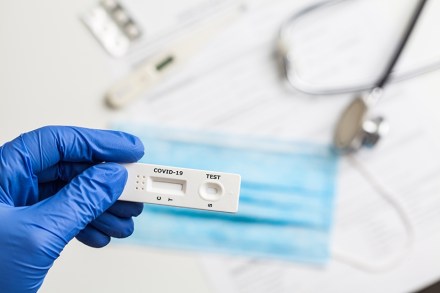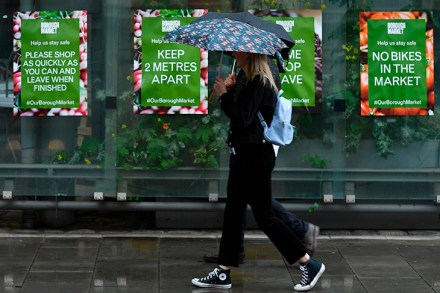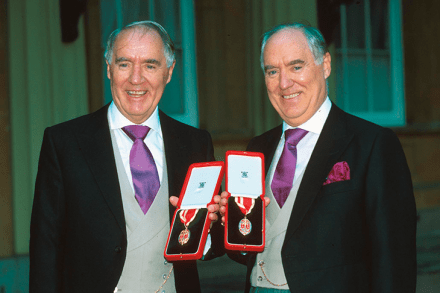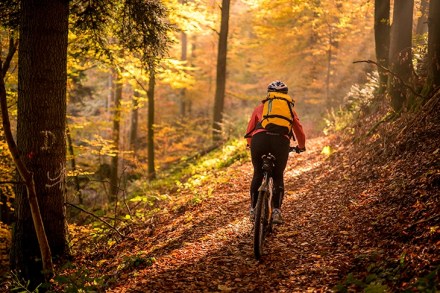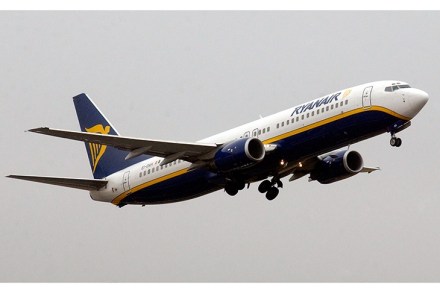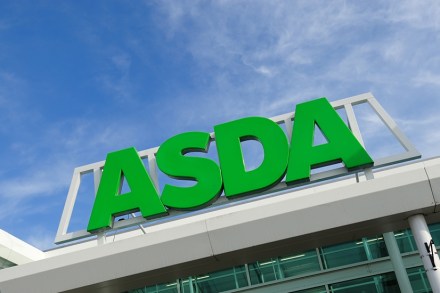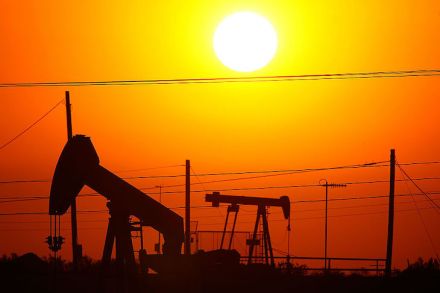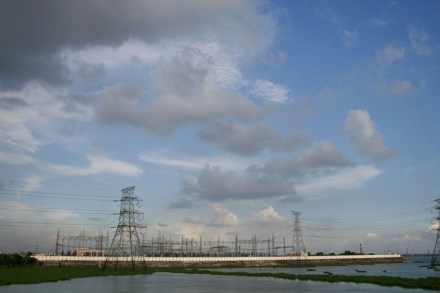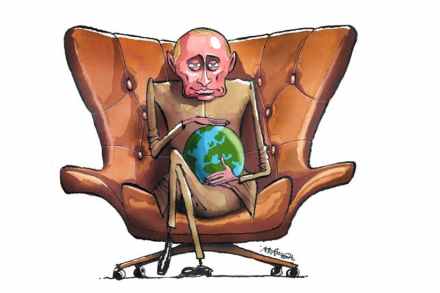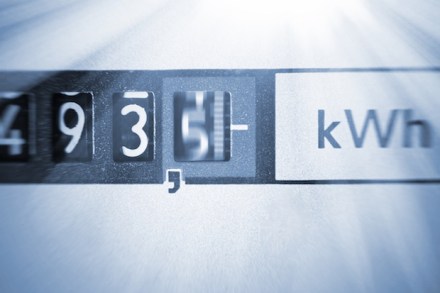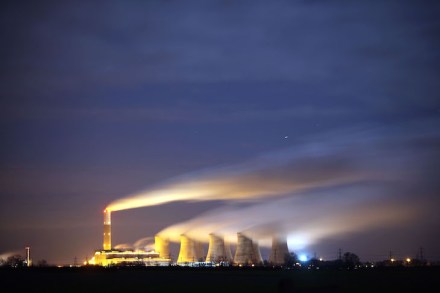How likely is a false positive from a Covid test?
Positive thinking The government wants us to test ourselves for Covid-19 twice a week, using lateral flow kits which will be freely distributed. What is the risk of being ordered to self-isolate as a result of a false negative? — While the NHS claims that these tests produce false positives in 0.1% or fewer cases, an evaluation by Porton Down and Oxford University last year found a false positive rate of 0.3% in a hospital setting, rising to 0.39% in the community — in other words, about one in every 256 tests. — According to the Office for National Statistics infection survey, in the week to 27 March one in
